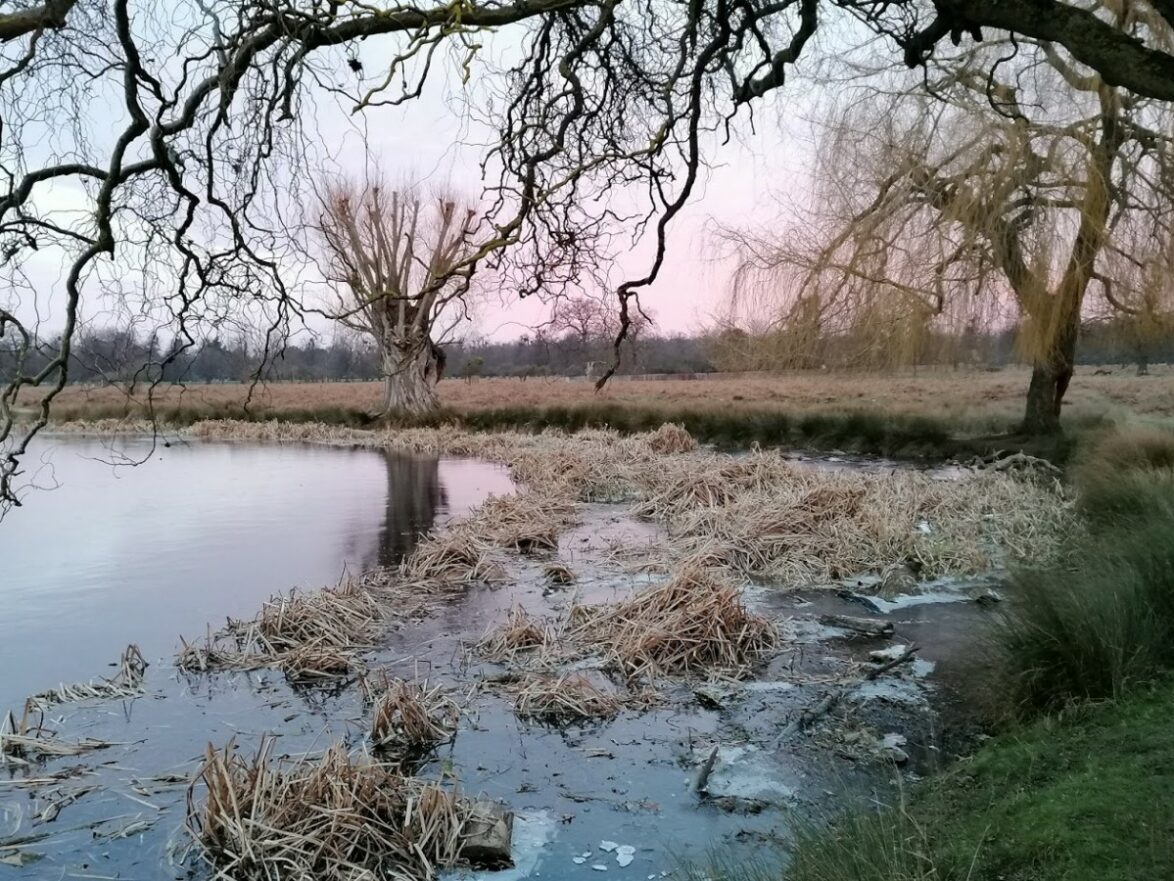As the the second phase of the ETHOS study into experiences of secondary mental healthcare during Covid begins, a McPin researcher puts out a call for carers to get involved
In May 2020 I was asked if I would like to work on the ETHOS research project with THIS Institute (University of Cambridge) to understand people’s experiences of secondary mental healthcare during Covid.
This was at the same time as adjusting to a new way of working. At first, I experienced the calmness and flexibility of being able to work from home. However, it wasn’t long before I started to miss my colleagues at the office.
The aim of the study was to understand people’s experiences of accessing, or attempting to access, secondary mental healthcare in the English NHS in the period leading up to lockdown, and between March and August 2020. To do so, I carried out interviews with around 20 people.
Bringing my experience of lockdown into the study
As a Lived Experience Researcher for McPin, and someone who was also under secondary mental health services at the time, I was excited to be part of this project when so many other things were uncertain.
Having never been a fan of video calls myself, I was a bit surprised to hear that the ETHOS study offered participants the option of either a telephone or online video interview.
I was not expecting many to opt for online, yet a quarter did. This meant navigating yet another new platform. I have learnt a lot, both personally and professionally, over the past year about the pros and cons of online communication.
My interviews started in June, by which time I was starting to feel the psychological impacts of isolation and loss of face-to-face peer support from the McPin team. Having a new project to focus on was just what I needed.

The good, the bad and the sad to bear witness to
During the interviews, people spoke to me openly about their care. For some this had remained intact, but for most it was not an easy time.
Experiences were varied; the NHS was still open but there was confusion around who could access what. Uncertainty around telephone appointments, confidentiality and the loss of therapeutic relationships left many feeling abandoned.
At the same time as this, I was also stepping down from therapy. Whilst the mental health service did adapt quickly and my contact with them remained as scheduled, this contact was coming to an end. In listening to some of the challenges others had been faced with, such as cancelled appointments, technology issues, or being left without anything, I felt that at least my service had not let me down in this respect.
It was hard to listen to some of the calls – not due to technology, but due to my default mode of wanting to rescue, to step in where secondary care had not. What I quickly learned was I cannot ‘fix’ other people. Several study participants had found other ways to access support, some of which I personally benefitted from; for example, I reached out to the voluntary sector and joined an online closed mental health forum.
Whilst these were enough for some, others talked about the loss of in-person contact, whether this be friends, family or mental health support. This was doubly hard for anyone self-isolating, but I was equally surprised to hear the positives of not having to go outside!
At the time, I felt fortunate that I did at least have a choice – I could avoid people but still see the world at dawn when the stillness and lack of pollution meant that an early morning run was perfect.

The importance of choice
We have recently published the results from the first phase of the study. An important area highlighted by service users was how much people value having choices in how they access care.
As a neurodiverse individual, I could relate to the challenges of telephone support, and the need to actually see people. This was particularly relevant to others with similar lived experience to myself, and with what is now termed Complex Emotional Needs. The loss of non-verbal cues, changes to clinicians and feeling safe in communicating remotely were felt by many.
Intersectionality further heightened the difficulties faced by service users; for example, for individuals living in regions with high rates of Covid, at-risk groups due to physical health or ethnic background, those living alone, or in sub-standard housing.
Isolation, loss of physical health checks, and social care needs also added to psychological distress, as well as the sudden changes to crisis and inpatient services.
Persistence and resilience
It quickly became evident that secondary mental health care varied immensely by region. At a time when it was needed most, the restructuring or cessation of ‘usual service’ placed the onus on us to find other ways to access support.
This required persistence and resilience. Some found additional support through the voluntary sector but this was a challenging time and, whilst services found their new ways of working, mental wellbeing was put at risk.
We also found systemic issues which predated Covid – addressing inequalities and offering choice was central to achieving good outcomes.
Get involved
The next steps of the study are aimed at developing principles for good practice in the provision of remote mental healthcare.
We’re currently recruiting, and particularly want to hear from carers and those who aren’t online. If you, or anyone you know, fits into these categories and would like to get involved, please get in touch!
Participation in the study will involve the completion of three surveys online, or via post*. For more information take a look at the website or get in touch on [email protected]. A £25 voucher will be sent to all service users and carers as a thank you.
Thank you to everyone who took the time to speak to me during such a strange period; I hope that your voices have been represented in our paper and that you can continue to be part of this work.
